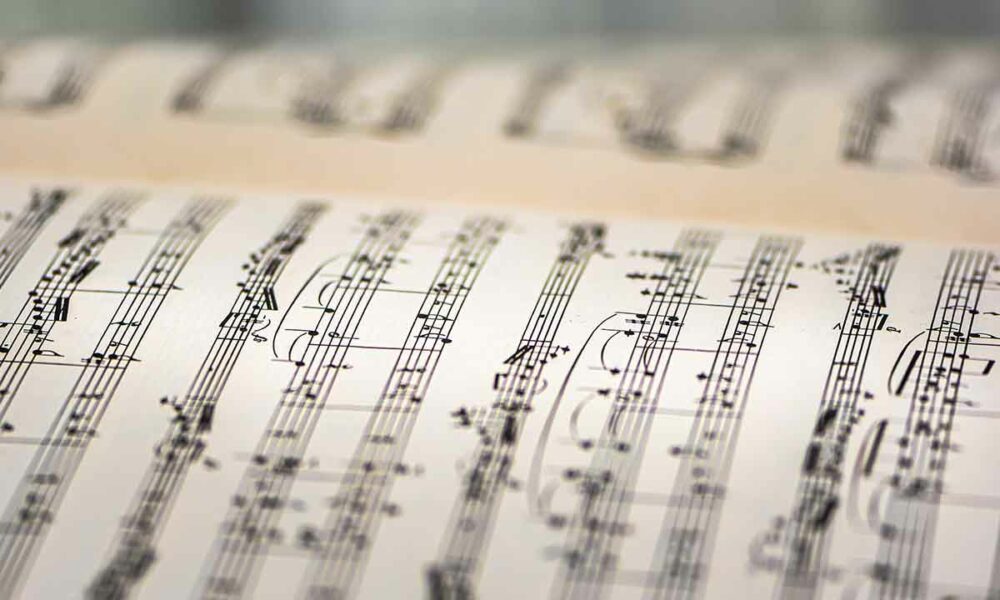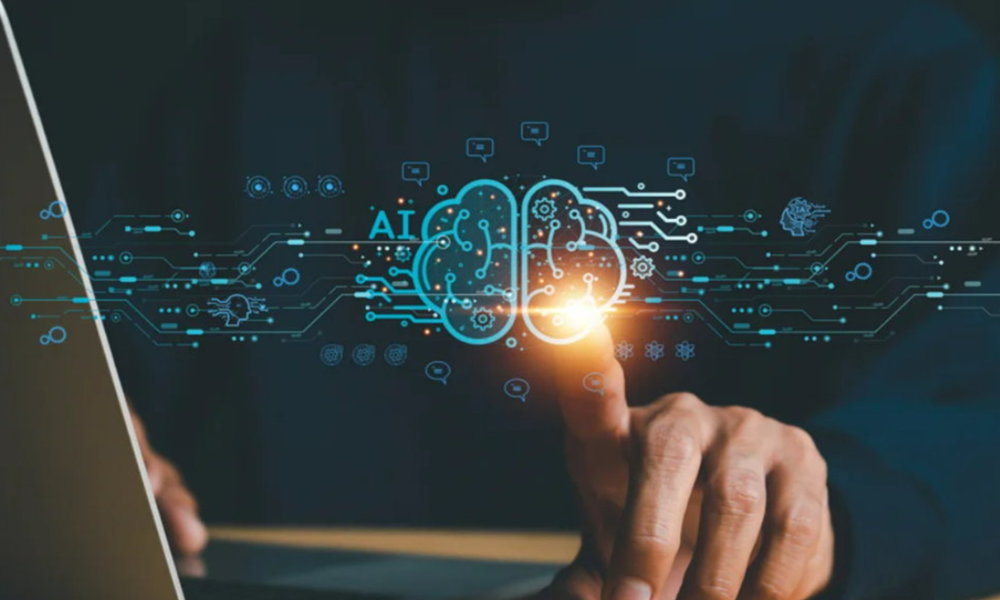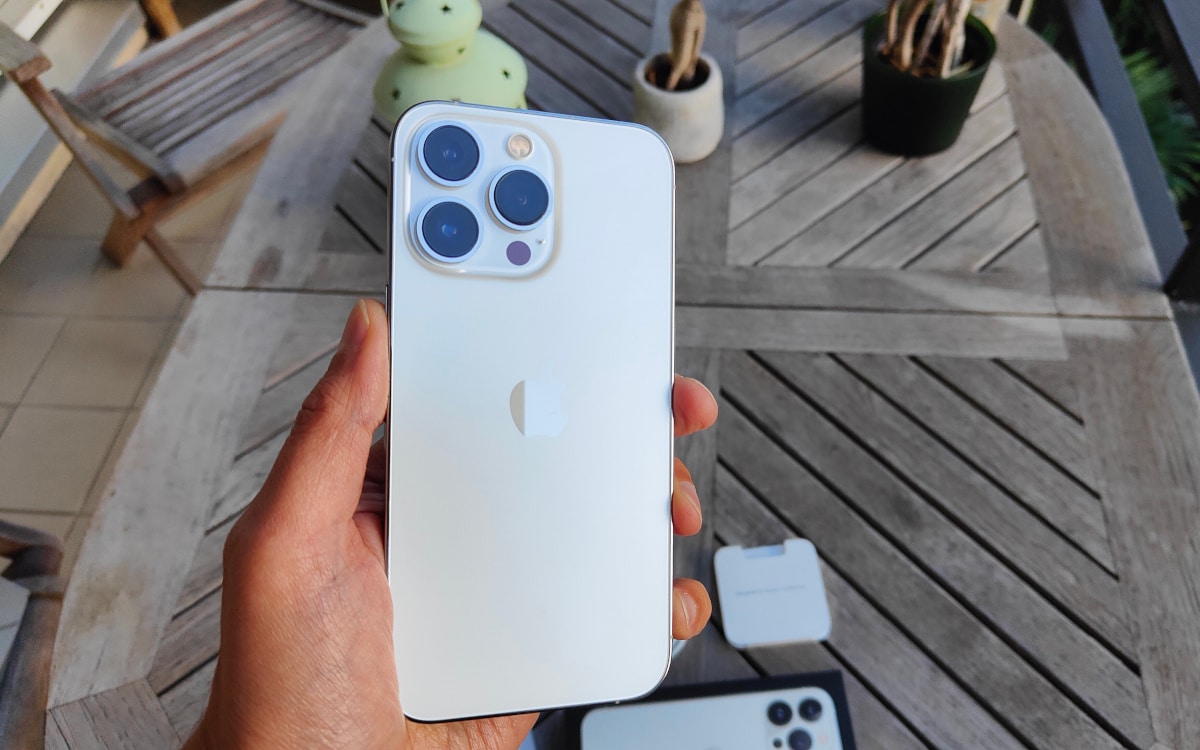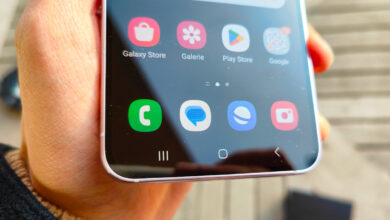
artificial intelligence has not stopped gaining presence in our lives in recent times. In some cases in a very obvious way, with services like ChatGPT and Bing, but also in a more discreet way, and for a longer time, with technologies like DLSS, which already in its name (Deep Learning Super Sampling) indicates that it is based in AI. And, at least from the current perspective, everything indicates that in the short and medium term this presence will not stop growing.
A field in which artificial intelligence can give the chest, never better said in this case, it’s in the music. We have already seen some generative models that are capable of creating compositions that fit a given description. An example of this is found in MusicLM, a model created by Google that was announced last January, and that since the Google I/O 2023 celebration already has a waiting list.
Besides, we also find other modes of use. Especially controversial was, for example, the song in which a totally realistic artificial intelligence recreation of rapper Drake was used, who has been particularly against this type of action. At the opposite extreme is the singer-songwriter Grimes, who invites everyone who wants to to recreate her voice using artificial intelligence to create songs… as long as they share the profits from them, a fairly fair proposition. And most recently, we find Paul McCartney using an AI to retrieve and play an original recording of John Lennon.
Thus, we have reached a point where it makes sense to ask if an AI could win any prizes for its compositions. Well, as we can read on ZDNet, New Grammy Awards rules prevent artificial intelligence from winning an award. Specifically, in these new rules that will govern future awards, “Only human creators are eligible to be considered for, nominated for, or win a Grammy Award«.
This, of course, does not exclude the use of artificial intelligence in cases such as the one cited by Paul McCartney, and we can assume that it will not be a problem for compositions that “rely” on AI to create a rhythmic base, the sound of some (or some) instrument, etc. The key will be that the piece of music in question is signed by a human being. Now, how will it be possible to determine if artificial intelligence has been used and, if so, what percentage of the work is the result of it?
Probably, in the end, everything will be summed up in a matter of trust, of believing an artist when he affirms that a creation is his, and not the result of one or more models of generative artificial intelligence. Of course we are talking about the music industry, which has historically shown that morality is not one of its strong points. Thus, it is most likely that, sooner or later, the Grammy organization and others like it will end up accepting the candidacies of AI creations, knowing that, whether they do or not, they will be present more and more frequently.




